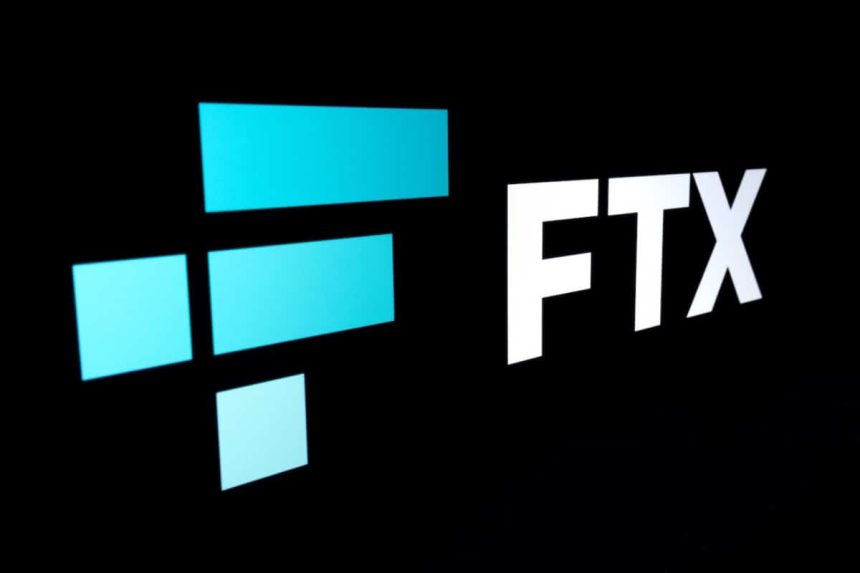Additional regulation may be needed to prevent another FTX-style collapse according to a new report from the Financial Stability Board (FSB) released Tuesday, November 28th.
The report’s goal
The international financial monitoring body’s report particularly focuses on multifunction crypto-asset intermediaries (MCI), which they define as “individual firms, or groups of affiliated firms, that combine a broad range of crypto-asset services, products, and functions typically centered around the operation of a trading platform.”
The goal of the study, in part, was to examine whether or not FSB recommendations went far enough to cover concerns regarding MCIs and whether additional policies may be warranted based on the results.
Exacerbating vulnerabilities
“MCI vulnerabilities are not very different from those of traditional finance, including leverage, liquidity mismatch, technology and operational vulnerabilities, and interconnections,” the report reads. “However, certain combinations of functions could exacerbate these vulnerabilities.”
The report used the crypto market crash and collapse of FTX in November 2022 as examples of MCI vulnerabilities, particularly when it comes to leverage and liquidity mismatch.
Disgraced FTX founder, Sam Bankman-Fried, who was found guilty on seven different fraud charges in Manhattan federal court last month, used over $8 billion of customer funds on various real estate purchases, political contributions, and more.
Failure of a major MCI, like FTX, poses a “significant” risk to the crypto-asset ecosystem due to their “centrality and interconnectedness,” the FSB’s report argues.
When the crypto exchange ultimately collapsed, it had wide-reaching effects on the crypto market at large. BlockFi CEO, Zac Prince, testified that his company lost “a little over a billion dollars” consisting of both loans to and collateral on the exchange, ultimately forcing the digital asset lender into bankruptcy.
“Significant contagion effects”
However, FSB’s report notes that the potential total damage of these vulnerabilities “depends on the size of the linkages between the crypto-asset sector and the traditional financial system and whether such linkages are concentrated within systemically important financial institutions or multiple regionally significant financial institutions.”
“The collapse of a major MCI could have significant contagion effects for the crypto-asset ecosystem, but limited effects on the financial sector and the real economy,” the report stated, citing a lack of connection between the cryptocurrency industry and “core” financial markets.
Furthermore, FSB’s report notes that there are significant “information gaps” that hinder the report’s assessment.
“MCIs typically do not provide accurate and complete public disclosures, unlike traditional firms, due to the lack of or non-compliance with regulatory reporting requirements,” the report reads.
The FSB suggested that additional reporting measures for MCIs may be needed to provide clear and fully adequate data, while further work is needed for “cross-border collaboration” to “effectively regulate” MCIs altogether.
Enter your email for our Free Daily Newsletter
A quick 3min read about today’s crypto news!
Read the full article here



